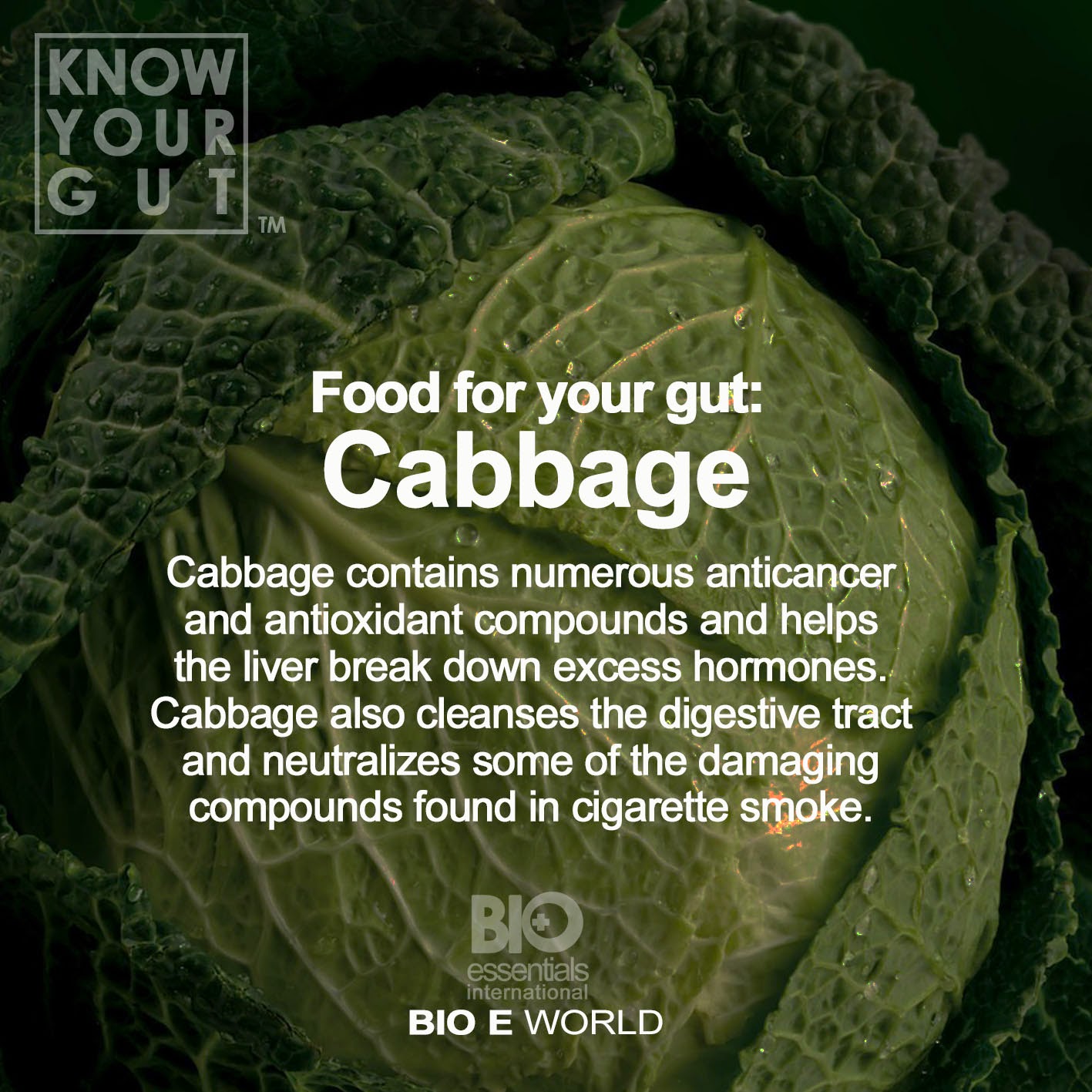Is Your Olive Oil Pure?
Olive oil fraud is making the headlines after new research discovered that it may be the world's most mislabeled, misrepresented and downright impure food on grocery shelves. Worse, you'll recognize some of the brand names caught red-handed in the liquid gold scandal.
Olive oil fraud has been around since Roman times, and sadly, it has never really been controlled. The pr...
Olive oil fraud has been around since Roman times, and sadly, it has never really been controlled. The pr...
oblem: It's difficult and
costly to produce excellent olive oil, but easy to doctor it and rake in the profits. In the late 1990s, the European Union recognized olive oil as its most adulterated food; now, the U.S.
Pharmacopeial Convention has released a food fraud database that shows a similar state of affairs.
costly to produce excellent olive oil, but easy to doctor it and rake in the profits. In the late 1990s, the European Union recognized olive oil as its most adulterated food; now, the U.S.
Pharmacopeial Convention has released a food fraud database that shows a similar state of affairs.
Search
the USP database for "olive oil," and you'll find all sorts of reported
fraud. These generally fall into three types:
Sadly, olive oil isn't alone on the fraud list. Milk, honey, saffron, orange juice, coffee and apple juice are also foods to watch out for, so shop smart!
Want to know more? Read Extra Virginity: The Sublime and Scandalous World of Olive Oil by Tom Mueller.
Adulteration
Undoubtedly the most criminal type of fraud, and incredibly common. Olive oil is simply mixed, or replaced entirely, with cheaper oils like hazelnut, sunflower, palm and soy. You won't find this information on the label, as many people with food allergies have found out the hard way.Extra-Virgin Fraud
In a 2010 study at U.C. Davis, 69 percent of imported olive oils and 10 percent of California olive oils failed to meet U.S. standards for "extra virginity." This means they were of low quality, had oxidized, or had been adulterated with cheaper oils. The list of brands that failed may make you weep a little:- Whole Foods 365 100% Italian
- Rachel Ray
- Safeway Select
- Newman's Own Organics
- Colavita
- Bertolli
- Filippo Berio
- Pompeian
- Star
- Carapelli
- Mezzetta
- Mazzola
Geographic Fraud
Your olive oil may proclaim that it was made in Italy, but it may just have traveled through Italy on its way from... somewhere else. While it's not necessarily true that oil made in Italy is automatically better than that made anywhere else, Italian olive oil commands a higher price. This practice is technically legal, so don't expect it to stop any time soon. Instead, seek out quality oil regardless of the label.What To Do
Luckily, there's plenty of amazing olive oil in the world — you just need to seek it out. Look for small, independent producers, and in the springtime, buy freshly produced oil to get olives' antioxidant and health benefits. Look for dark glass bottles, and check for a harvest or milling date. If you live in the United States, stick with California-produced oils, which are less likely to be fraudulent. And take the time to train your palate, by tasting olive oils whenever you can. Once you learn the difference between real and fake, and get a feel for what you like best about olive oil, you'll never go back to the questionable stuff.Sadly, olive oil isn't alone on the fraud list. Milk, honey, saffron, orange juice, coffee and apple juice are also foods to watch out for, so shop smart!
Want to know more? Read Extra Virginity: The Sublime and Scandalous World of Olive Oil by Tom Mueller.




Comments
Post a Comment